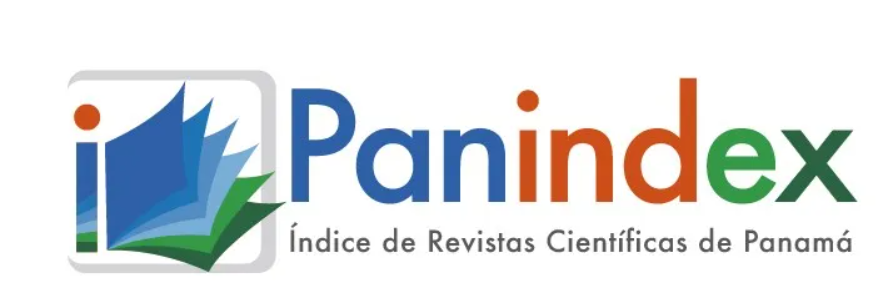The content of the publications and the links suggested in them are the sole responsibility of the authors and not of the METROPOLITAN UNIVERSITY OF EDUCATION, SCIENCE AND TECHNOLOGY (UMECIT) or CATHEDRA magazine. They are protected by international copyright laws just as the UMECIT and CATHEDRA logos, hence their reproduction is totally prohibited
This work is licensed under a Creative Commons Attribution-NonCommercial-NoDerivatives 4.0 International License.
The authors maintain the copyright and transfer the right of the first publication to the journal, with the article registered with Creative Commons Attribution-NonCommercial-NoDerivatives License, which allow others They can download the works published in this magazine and share them with other people, as long as their authorship is recognized, but they cannot be changed in any way nor can they be used commercially.
Authors are recommended to include their work in social networks such as Researchgate and institutional repositories once the article or visible fact has been published on the journal page, without forgetting to include the digital document identifier and the name of the journal.



Abstract
The people are in whom sovereignty rests. Sovereignty is an unlimited power in civil society, therefore, the people are the only one capable of generating their own constitution. Consequently, the sovereign people have the natural right to be able to change totally or partially the Political Constitution of a country. Sovereignty is not the absolute power exercised by society, or conversely the absolute power of those who lead society, but the manifestation of the social will, oriented towards the creation or modification of what ideologically conceived as the State, namely the legitimacy their social organization, to have unified force, and guides the destinies of a nation.
Keywords
References
Calzada Patrón, Feliciano (1990). El poder constituyente, en el Derecho Constitucional
pp. 155 - 161. México, DF: Harla.
Juan losa. Tres conceptos del poder constitucional originario.
Mora-Donatto, Cecilia (2002). La problemática del poder constituyente como
consecuencia. El valor normat¡vo de la Constitución. México, DF: Universidad Nacional Autónoma de México.
QUISBERT Ermo, Poder Constituyente Y Asamblea Constituyente, La Paz, Bolivia:
ADEQ,2007, página 19.
Santiago Niño. lntroducción a la filosofía de la acción humana, Buenos Aires, EUDEBA,
1985.
Texto Único de la Constitución Política de la República de Panamá.
Downloads
Publication Facts
Reviewer profiles N/A
Author statements
- Academic society
- Universidad Metropolitana de Educación, Ciencia y Tecnología
- Publisher
- Universidad Metropolitana de Educación, Ciencia y Tecnología




















